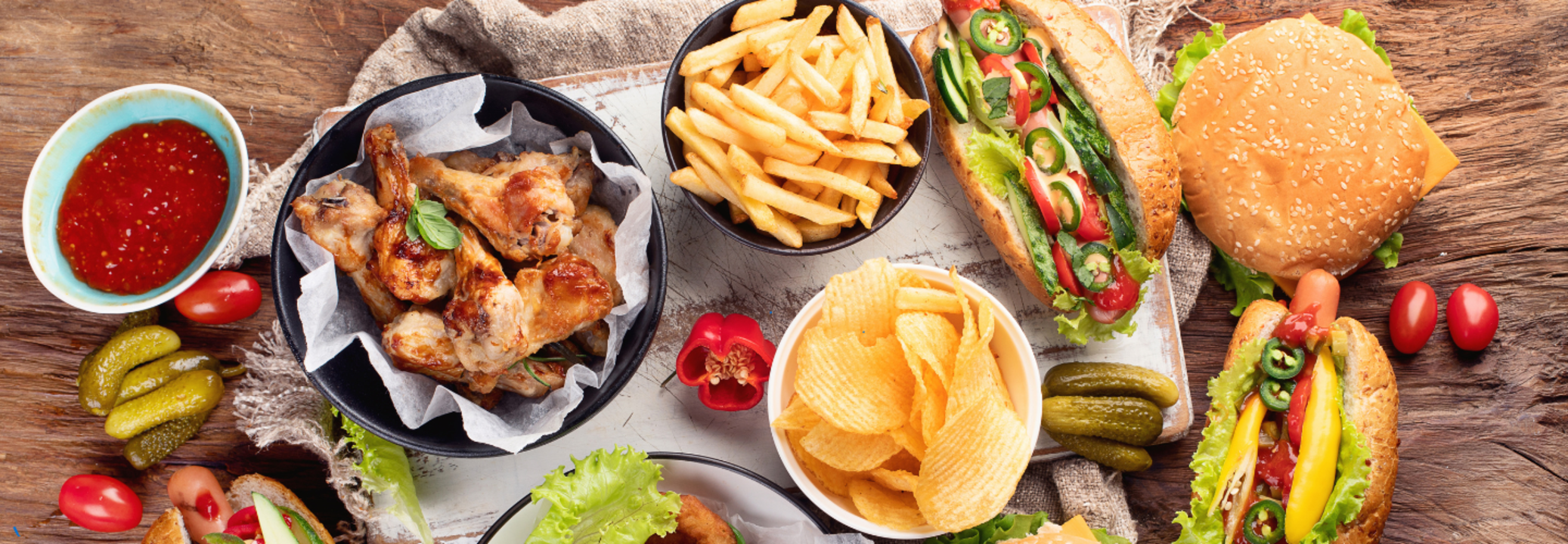Why Ozempic Might Be Making Your Favorite Foods Taste Gross?

Credits: Canva
SummaryHas Ozempic killed your cravings? Turns out, this weight-loss wonder drug might mess with your taste buds—making your favourite food cravings vanish almost magically.
End of Article
